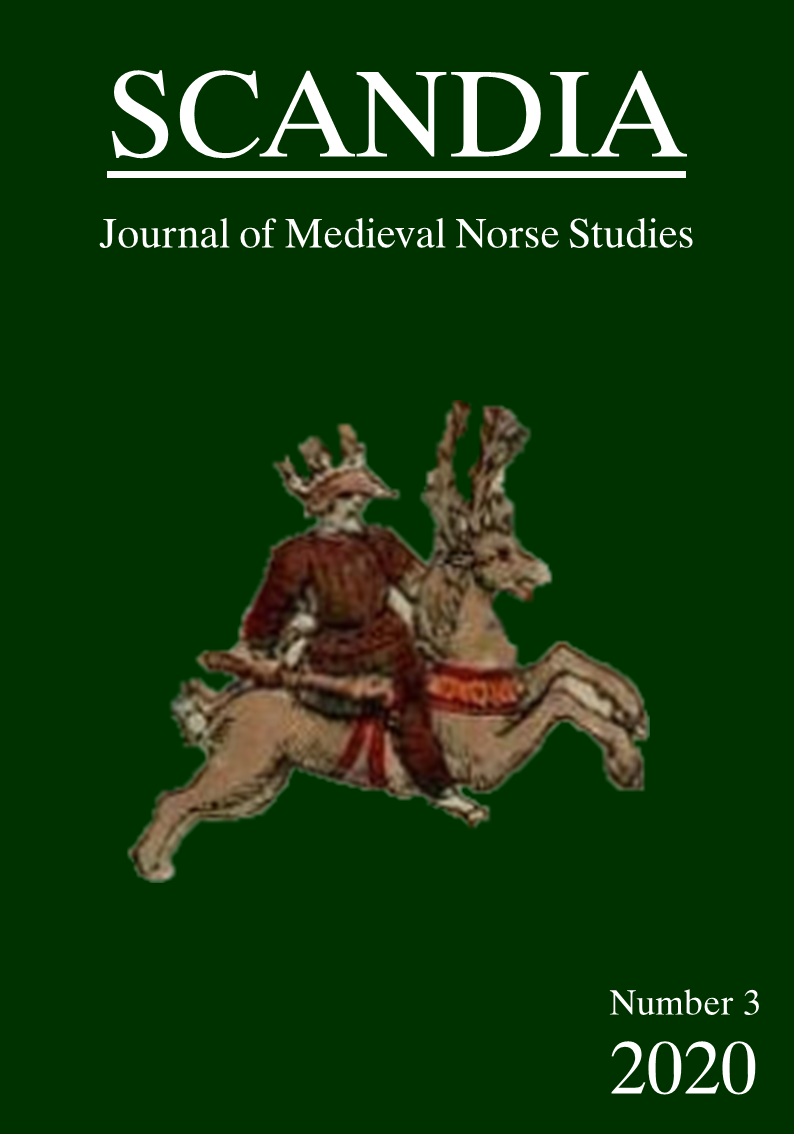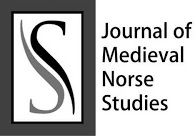SAGAS FOR SUSTAINABILITY? COMMONS, CONFLICT AND COOPERATION IN THE SAGAS OF ICELANDERS
Resumo
Natural resources managed as commons are often discussed following one of two opposed narratives: either Garret Hardin’s pessimistic “tragedy of the commons” (assuming their inherent unsustainability), or Elinor Ostrom’s optimistic account of the commons as resource systems that are sustainable over the long term. This article analyzes stories from the medieval sagas of Icelanders in which natural resources managed as commons play an important role. In all the examples, these resource systems appear as either vulnerable or failing. However, close readings reveal that an interpretation based on Hardin’s “tragic” narrative fails to grasp the underlying meaning of these stories. In almost all cases, the sagas use various narrative means to characterize in negative ways those who endanger or terminate commons. The sagas depict egoistic and aggressive behavior as being wrong and highlight modesty and cooperation as an implicit (and sometimes explicit) ideal in the use of commons. The frequency and prominence in the sagas of stories that frame commons in this way, suggests that these stories had an important function in medieval Icelandic society: the promotion of norms, values and behavior that could facilitate long-term sustainability in the management of natural resources as commons.
Downloads
Downloads
Publicado
Edição
Seção
Licença
O(s) autor(es) do original apresentado se compromete(m) a cumprir o que se segue:
- Todos os autores responsabilizam-se publicamente por ele.
- Os autores afirmam que este original é de sua autoria e que assumem integral responsabilidade diante de terceiros, quer de natureza moral ou patrimonial, em razão de seu conteúdo, declarando desde já que a obra não infringe quaisquer direitos de propriedade intelectual de terceiros.
- O(s) autor(es) concordam em ceder os direitos autorais do original à Revista Scandia, à qual concedem permissão para sua reprodução, edição e publicação on-line.
- O(s) autor(es) outorgam seus direitos autorais de seu original à Revista Scandia, licendiado sob a Criative Commons Attribution License, que permite o compartilhamento deste trabalho com o reconhecimento de sua autoria.
- O(s) autor(es) têm permissão e são estimulados a citar e distribuir seu original.



